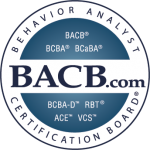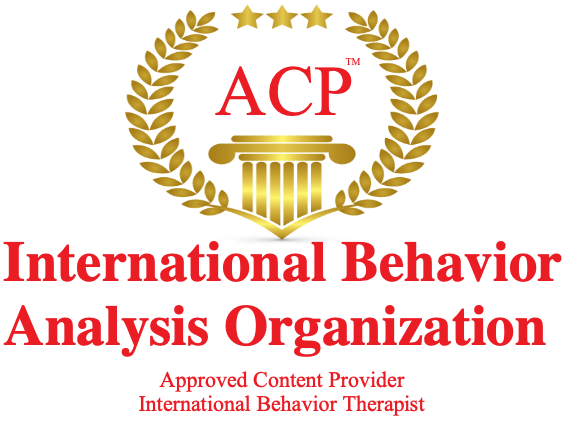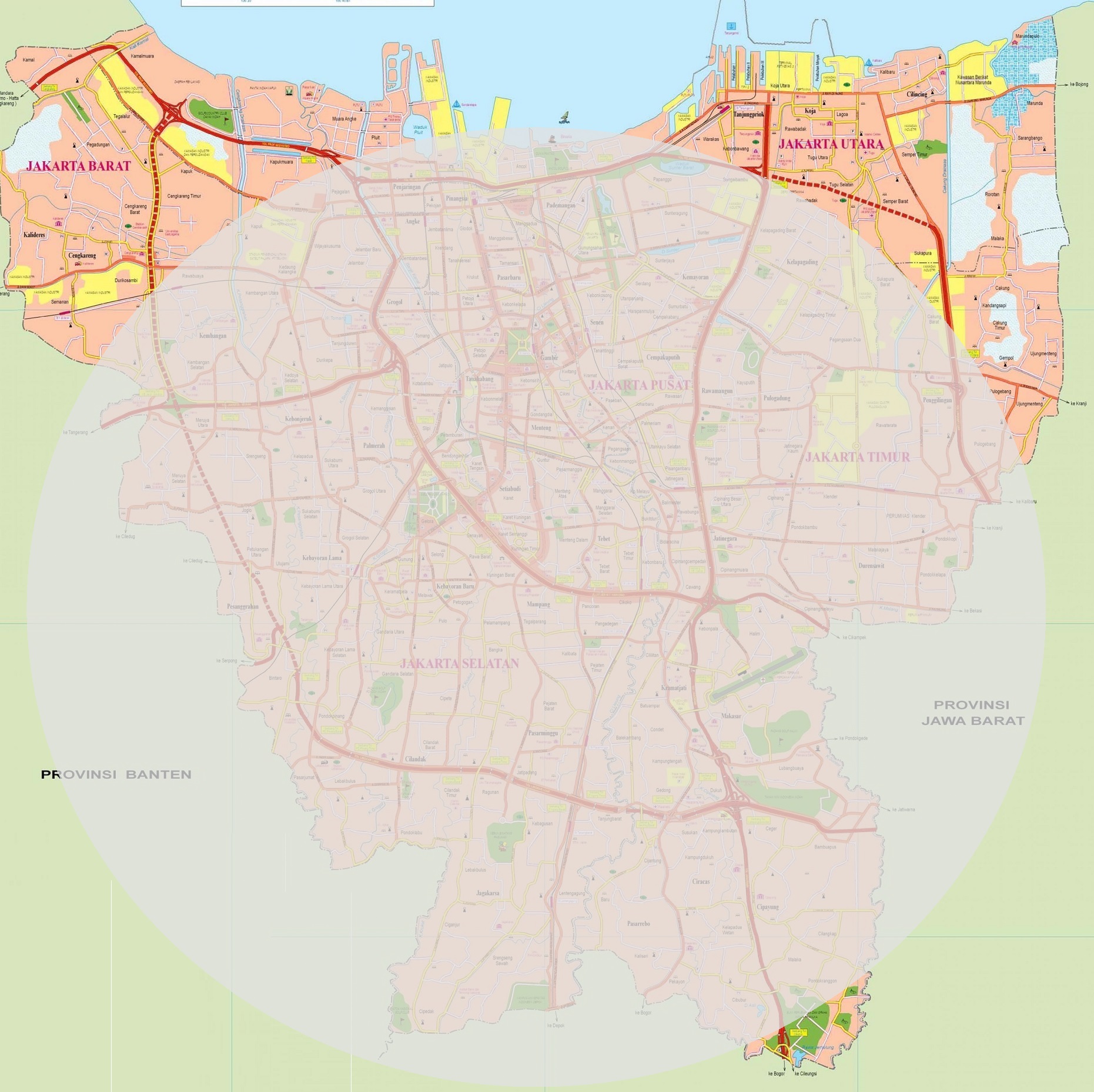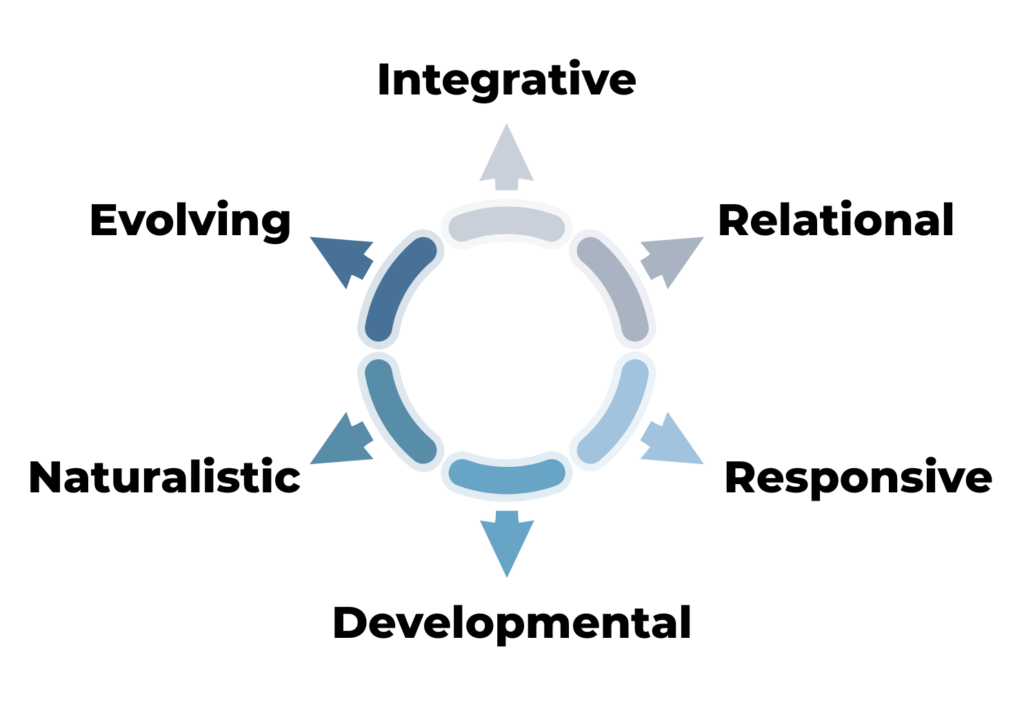ABA Therapy in Jakarta
Get personalized answers from a qualified professional about:
- Recommended therapy hours tailored to your child’s needs
- Therapy program and curriculum
- Availability of sessions (in-center or at home)
- Fees and payment options
What Is ABA?
Applied Behavior Analysis (ABA) is the science of applying principles of learning to bring about meaningful and positive changes in behavior. ABA has been used since the 1960s to support the development of children with autism and other developmental challenges.
While early ABA programs were often highly structured and focused on isolated skills using flashcards and reward systems, the field has evolved significantly—especially over the past decade. Modern ABA therapy is increasingly moving away from rigid, task-based approaches and embracing more naturalistic, child-centered methods. These integrative approaches are grounded in both behavioral science and developmental psychology, and they emphasize meaningful relationships and real-life contexts as essential parts of a child’s growth.
Joyin is accredited by leading organizations in the field of ABA.


We Specialize in Early Childhood Development
Our expertise lies in early intervention for children aged 1 to 5 years, a critical window for brain development and learning.
Risk of Autism
Experts can detect early signs of autism as early as 6 months of age. Intervention during the first few years is highly effective and can significantly reduce or prevent the long-term challenges associated with autism.
Autism
Children with autism benefit from therapy that focuses on building foundational social engagement—the ability to connect, share attention, and interact meaningfully with others. This social connection is the key through which learning and development can unfold.
Serving the Jakarta Region

Home Therapy
Receive therapy in the comfort of your own home anywhere in Jakarta
In-Clinic Therapy
Visit our Children's Studio located in Tebet for your therapy sessions
Our ABA Therapy Services
Meet Our Leaders
Professionals shaping the future of ABA therapy in Jakarta.
“We’ve been delivering ABA services in Jakarta since 2012, at a time when ABA was virtually unknown in Indonesia. Over the years, we’ve trained over 70 therapists, parents, and supervisors. We’re proud to have played a significant role in advancing the quality of services in the country, and we remain committed to leading the field toward even more effective and up-to-date intervention models.”


“Autism is not a cognitive deficit — and therapy is not simply teaching discrete skills. True therapy begins with building the relationships that support learning, communication, and emotional growth. As therapists, our most important commitment is in supporting the relational development of our clients.”
“As clinical supervisors, we believe that every child deserves to be truly seen—and every parent deserves a partner who listens with care and walks this journey alongside them. At Joyin, we use the science of ABA not as a rigid formula, but as a foundation for creating meaningful relationships that help each child grow, connect, and thrive.”

Our Approach to ABA Therapy
Our method combines the rigor of ABA with a deep understanding of development, relationships, and the real-world contexts where learning happens. Here’s what guides our practice:

Integrative
To be truly effective, ABA must integrate and collaborate with other disciplines — developmental psychology, speech-language pathology, biomedical intervention and more. Therapy should be pluralistic, comprehensive, and responsive to the complexity of each child’s needs.
Relational
Autism is not a cognitive deficit — and therapy is not simply teaching discrete skills. True therapy begins with building the relationships that support learning, communication, and emotional growth. As therapists, our most important commitment is in supporting the relational development of our clients.
Responsive
At the heart of therapy is the therapist’s ability to adapt and respond, moment by moment, to the child and the context. This real-time atonement creates the conditions for meaningful, transformative experiences. It is within the ongoing, moment-to-moment relationship between child and therapist that true change takes place.
Developmental
Effective ABA must be informed by a deep understanding of both typical and autistic developmental trajectories. How do children naturally acquire language? Why do children with autism struggle to initiate or sustain social engagement? Our approach starts by answering these questions, so we can support real developmental progress.
Naturalistic
Over five decades of ABA applied to autism has shown that meaningful, lasting change happens in natural environments. Real interactions, natural antecedents, and social reinforcement are far more powerful than drills or token-based systems.
Evolving
Since the early 2000s, the field of ABA has been shifting toward more naturalistic, developmental, and integrative practices. As professionals, we have a responsibility to stay current and continually refine our approach to best support each child’s growth.
Speak with an ABA Therapist Today
Get personalized answers from a qualified professional about recommended therapy, therapy program and curriculum, availability of sessions (in-center or at home), fees and payment options.
